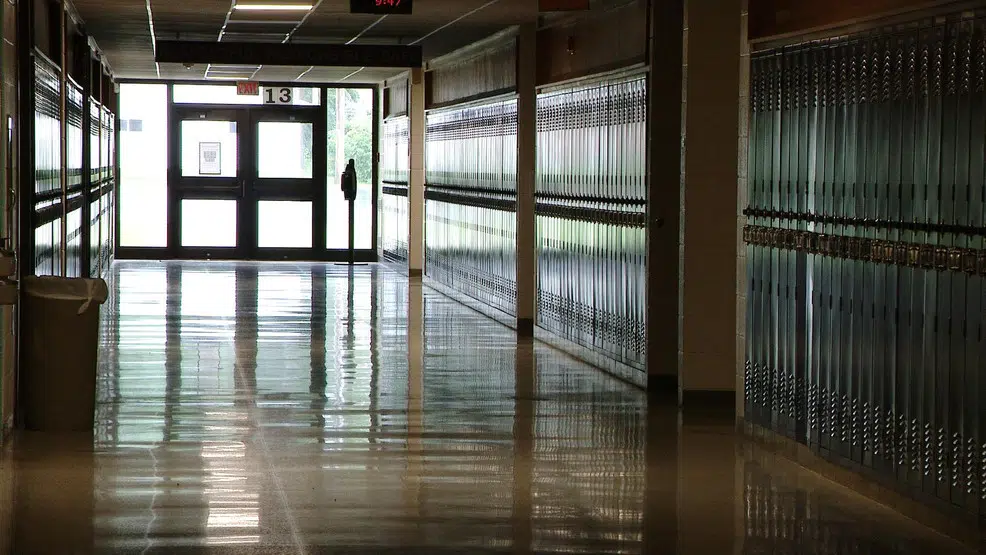(WTAQ-WLUK) — A bill that would change the language of what an illegal “strip search” is at Wisconsin schools had a public hearing Wednesday.
The bill was introduced by Republican lawmakers, State Rep. David Steffen (R-Howard) and State Senator Eric Wimberger (R-Green Bay), in response to an incident that happened at Suring High School.
Last year, staff at the school ordered six female students into a bathroom and had them strip to their underwear during a search for vaping cartridges. Parents nor police were notified of the situation, Steffen says.
“The disturbing event that took place last year brought to light the need to update our statutes to protect our students from such invasive searches. Treating kids with dignity and providing them with basic privacy is something we should all expect, especially when they are in the care of our schools,” said Rep. Steffen.
Under the current law, strip searching a student is a Class B misdemeanor, however the statutory definition of “strip search” is a search that would expose a student’s private parts. Because of this limited definition, the school official who ordered the search at Suring could not be charged with the offense.
The new bill extends the definition of “strip search” to include searches that would require a student to strip down to their underwear.
Rep. Steffen describes the bill as a bipartisan, common sense adjustment in state law.
“And the way that the current language is in terms of its broadness, I want you to imagine it not being maybe the highest level of official like it was in this situation like the administrator but under the law, the high school janitor could perform the same search under the same situation and still have the same exact protections; it could be the gym teacher, it could be any school employee and to be fair, the Suring School District has done a wonderful, wonderful job of responding to this with their policy and adjusting things but we have over 420 school districts and I think for the benefit of those six young ladies who have yet to have some form of justice, can we at least adjust the law to protect others?” Steffen said.
Next the bill will go to a committee vote before making its way to the Assembly.





